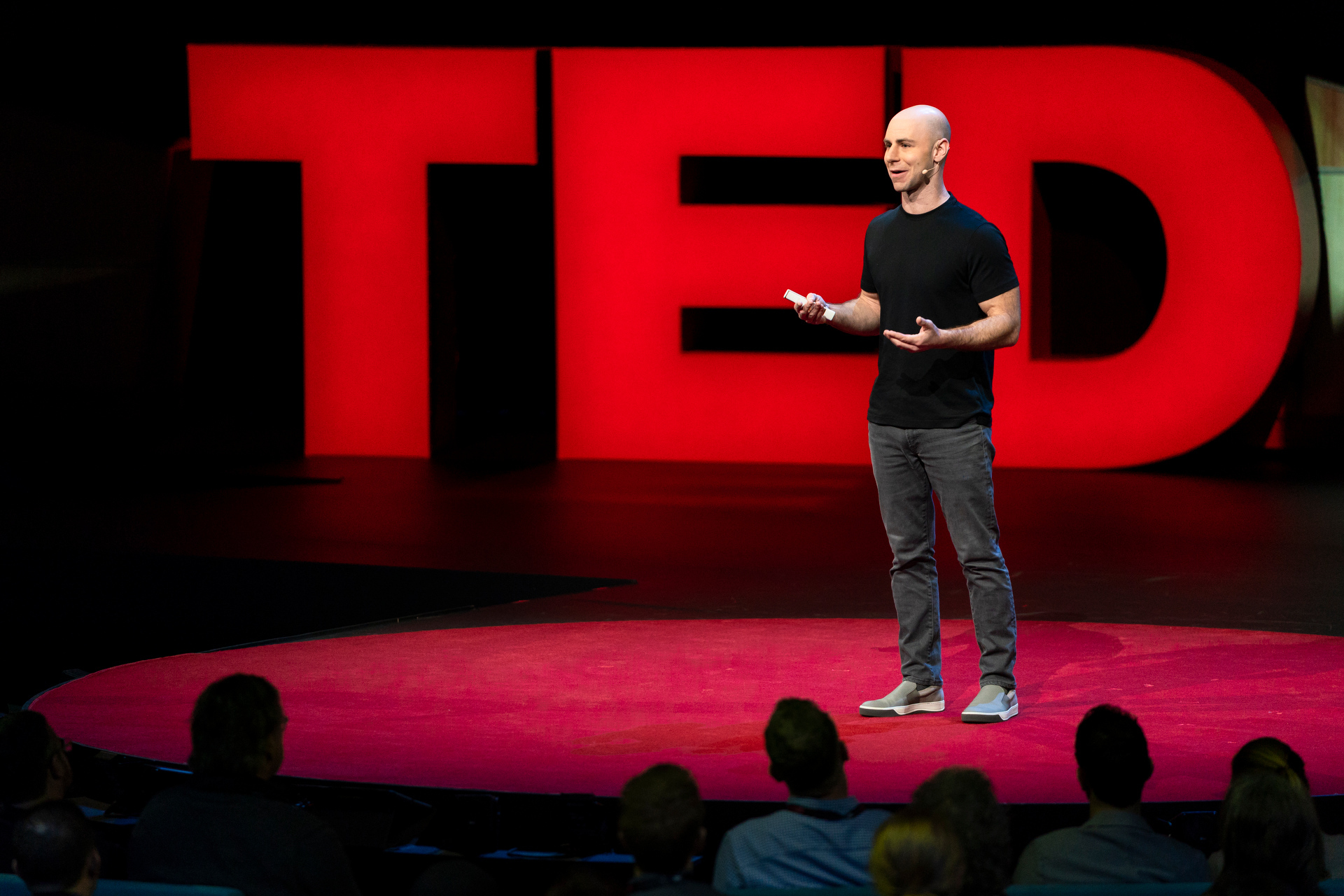How to become your best self with Adam Grant
In this episode of Summa & Friends, Adam discusses boundary setting, why we need a network of disagreeable givers, why we need to ask for advice rather than feedback, and why his ultimate passion is self improvement.
- Podcast
8 min read

An organizational psychologist and a best selling author
Adam Grant is an organizational psychologist at Wharton and best selling author. He is also recognised as one of the world’s 10 most influential management thinkers with interests spanning areas such as the science of motivation and generosity, original thinking and rethinking and so much more. But beneath all that, what is his passion, his drive, that thing he’s most willing to suffer for?
Self improvement, says Adam. Everything he studies is about how to bring out the best in ourselves and those around us, so naturally, that includes him too.
“It’s why I ended up becoming a springboard diver even though I was afraid of heights. It’s why I ended up becoming a professor and started giving TED Talks even though I had a fear of public speaking.”
The importance of setting boundaries
In every industry, in every culture around the world, says Adam, there are three styles of interaction that show up time and again: people are either givers, takers, or matchers. What does that mean?
If you’re a giver, says Adam, you’re constantly asking, what can I do for you? If you’re a taker, you want to know what others can do for you; but for most people who don’t want to be taken advantage of or take advantage of others, we choose to be matchers, whereby we’ll do something for others if they do something for us.

There are three questions you need to ask yourself
One thing Adam noticed with givers in particular, is they struggled with setting boundaries. Adam says when it comes to boundaries, there are three questions you need to ask yourself: Who are you helping? How are you helping? And when are you helping?
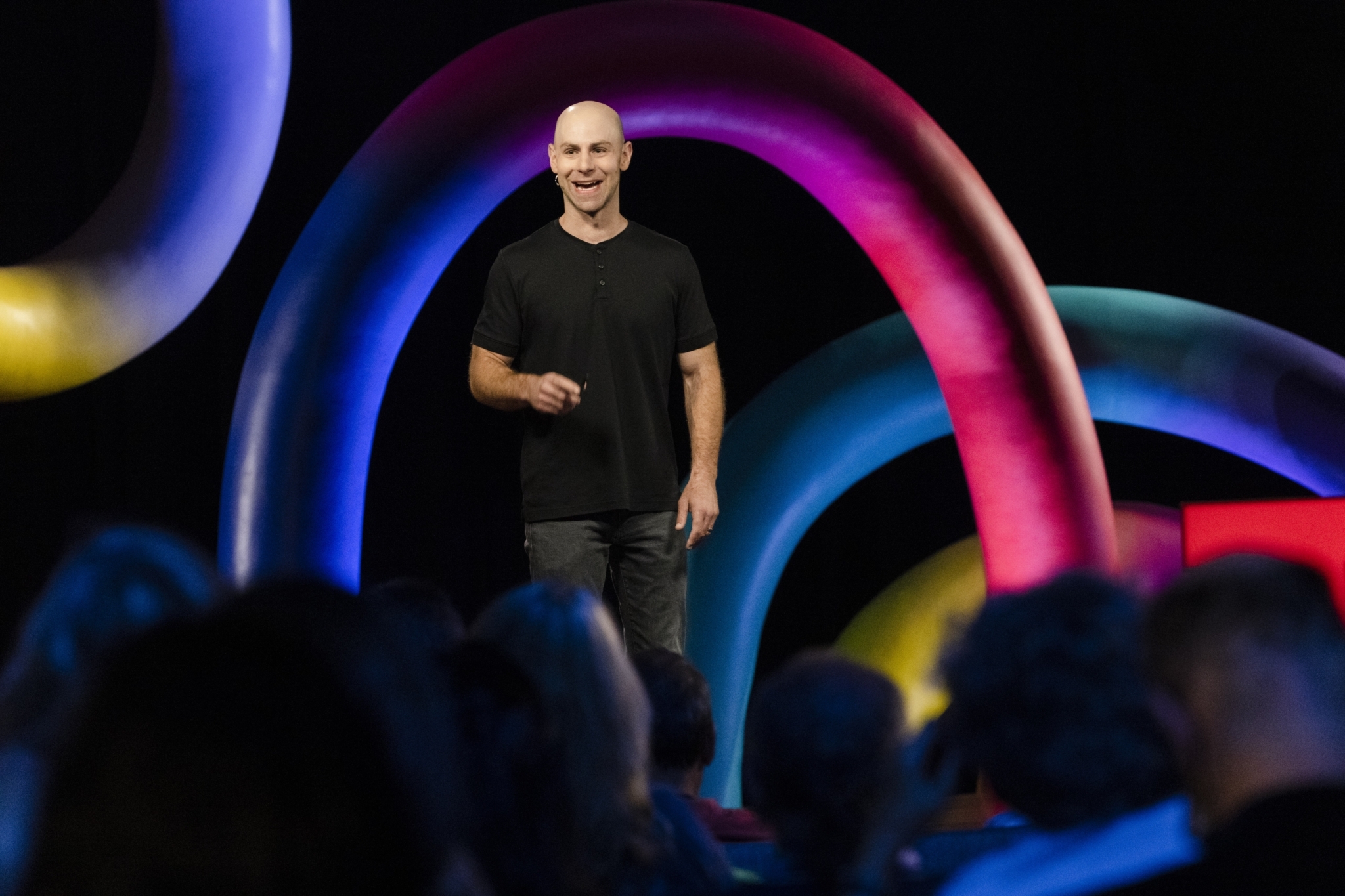
Learn to identify who is a taker, a matcher or a giver
The who question is to protect yourself. You have to learn to identify whether the person who’s asking for help is a taker, a matcher, or a giver, because if somebody has a history or a reputation of selfish behavior, you don’t want to reward that by continuing to help them and draining yourself in the process.
“I had to learn a long time ago to stop giving career advice to strangers. First of all, if I don’t know you, you should not take my career advice. Secondly, and maybe more importantly, I felt really uncomfortable giving people direction about where their life ought to go. I’m like, I don’t even know what I want to do with my life. That’s why I study other people’s jobs.”
We can all become original
You’d have thought, says Adam, that personality would be a key driver behind someone being original or not, that you have to be a big risk taker, an early adopter, or single minded in your conviction to be a successful entrepreneur or inventor, but the research tells a different story.
Successful entrepreneurs and inventors, says Adam, are actually more likely to be risk averse than their peers, constantly trying to avoid failure and come up with backup plans and de risk whatever options they’re pursuing. They’re often late to the party, frequently procrastinating instead of rushing ahead with their first idea, because they’re waiting for their best idea.
“This is encouraging for all of us who have ever felt like, I’m not a daredevil, I’m not somebody who has had a eureka moment of how I want to move the world. If you just give yourself a little bit of time and allow yourself a little patience to generate more ideas, you’re in a better position to not only come up with an original thought, but then be prepared to take action on it.”
How to create a culture of radical transparency
If you want to create a culture of radical candor in your organization, says Adam, take a leaf out of Bridgewater Associates’ book. They evaluate you on whether you’re constructively challenging the people above you, i.e. in order to get high performance marks, you have to criticize your boss’s boss occasionally.
“We found in a series of studies that a lot of leaders say my door is open, tell me whatever, [but] people don’t know whether you mean it. Are you going to take it seriously, are you going to bite their heads off, or are you going to be too busy or too distracted to pay attention?”
If you want to actually create a culture of radical candor, you need to go the extra step and criticize yourself outloud. That way you’re not just claiming you’re open to feedback, you’re proving you can take it and action it in a way that benefits not just you, but the whole company.
Build a network of disagreeable loyalists
“I’d always assumed that if you’re a giver, you’re also an agreeable person, that you’re going to be nice and warm and friendly and polite. And I found that those qualities didn’t overlap at all, that there are plenty of givers who are disagreeable. They want to be helpful, but they are critical and skeptical and challenging.”
What struck Adam most about this discovery, is that often disagreeable loyalists are the ones who will challenge you the most, and who will bring original ideas to the table, because their idea of helping is to actually rock the boat. One of the best things you can do in your organization is reward the people who disagree with you, who challenge you, says Adam. Because it signals to the rest of the organization that this is desirable, valued behavior.
“Steve Jobs understood the value of a challenge network, he surrounded himself with disagreeable givers who saw a better way to advance the mission, even though it conflicted with Jobs’ vision, and, hey, if you could challenge Steve Jobs, you could probably challenge anyone.”
How to elevate yourself and others
“One of the most important things I’ve learned is that a lot of people, as they start to improve at any skill or task, start to get a little complacent. And they feel like I’m a lot better than I was last year. And I’m getting lots of affirmation. And they basically stop looking for ways and reasons to grow. And that leaves them to stagnate or to plateau.”
As Adam began to conquer his fear of public speaking it went from people giving him suggestions for improvement, to people thanking him for the talk, which didn’t do anything to help him improve and become a better speaker. He then discovered that instead of asking people for feedback and getting nothing in return, when he switched tact and started asking people for advice, asking what is the one thing he could do better next time, it turned out people were more willing to give feedback, plus, they also gave more constructive suggestions.
“If you ask for feedback, feedback is backward looking. It leaves people to look at what you did wrong, and then they have to figure out are they comfortable criticizing you? Advice is forward looking, you’re not judging what I just did, you’re telling me what I could do better tomorrow. And this idea of asking people for specific advice about how to improve might be the most practical thing I’ve learned about how to improve at improving.”
The world needs more compassion
A lot of people will say the world needs more empathy, says Adam, but what we actually need is more compassion. Empathy is feeling other people’s feelings, but it can be a double edged sword. Empathy can lead you to help the people whose feelings you have an easy time relating to, but not the people who don’t belong to your culture.
It’s therefore more sustainable, says Adam, to have compassion rather than empathy. Instead of feeling other people’s feelings, all you have to do is notice and care about their feelings. And that makes you more likely to respond and try to alleviate whatever distress they’re experiencing. We don’t need to stop being empathetic, says Adam, that’s not realistic or effective. But being more compassionate is more important and more sustainable than empathy.
And never stop learning, advises Adam. Don’t choose a job or career based on status or financial gain. Ask yourself instead, which job is going to stretch your skills the most, which organization is going to give you dedicated mentoring, and the company is invested in your long term career growth?
“I also think an organization where more senior people are available, not just to talk to you in a mentoring sense, but actually to watch you do some of your work and coach you, that’s a leading indicator that you’re going to grow and in the long run, people who grow the most end up contributing the most.”
The Summa Summarum newsletter
Sign up to our newsletter
Latest readings
News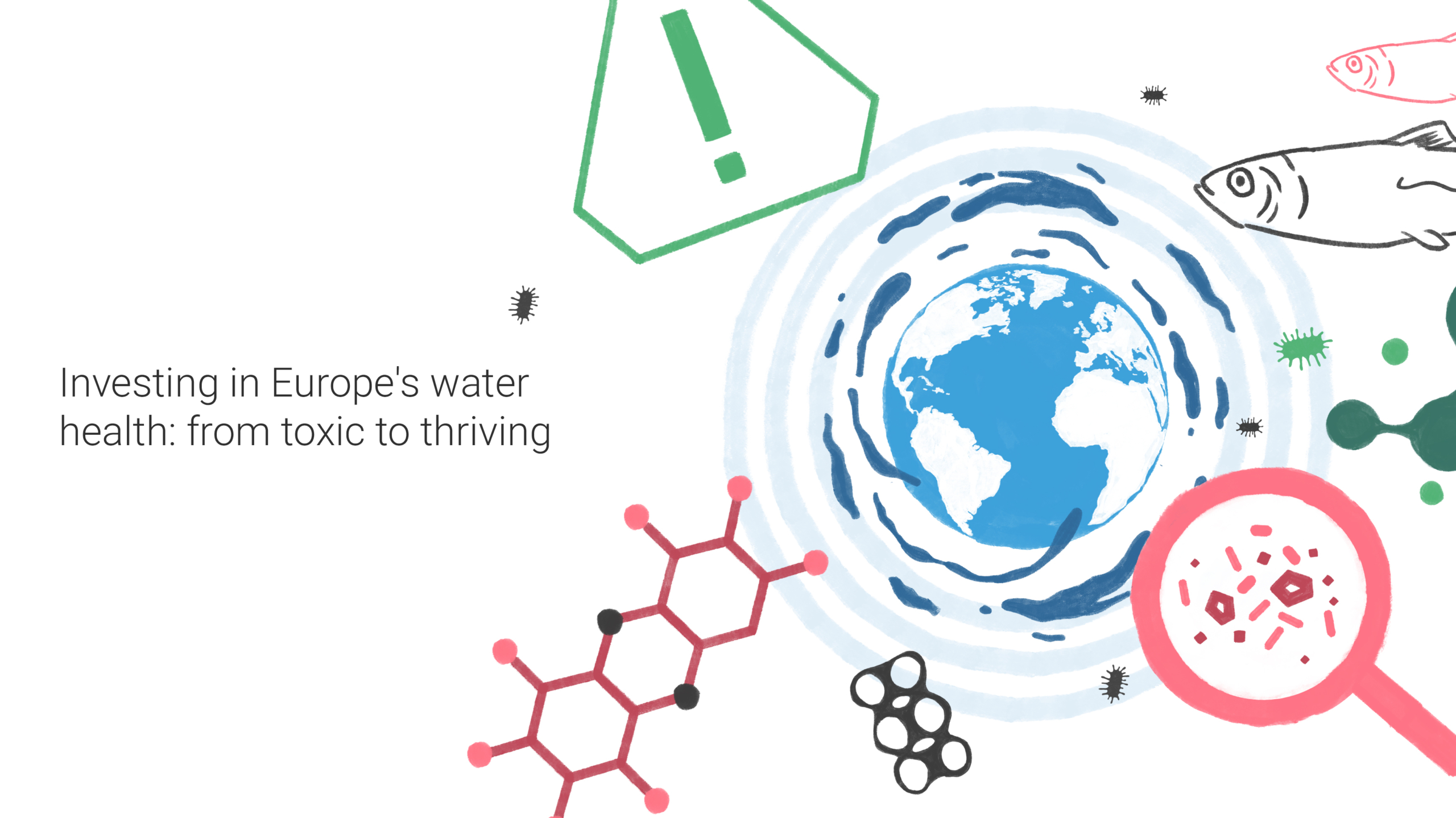
From toxic to thriving: Europe’s water health at a breaking point
Read more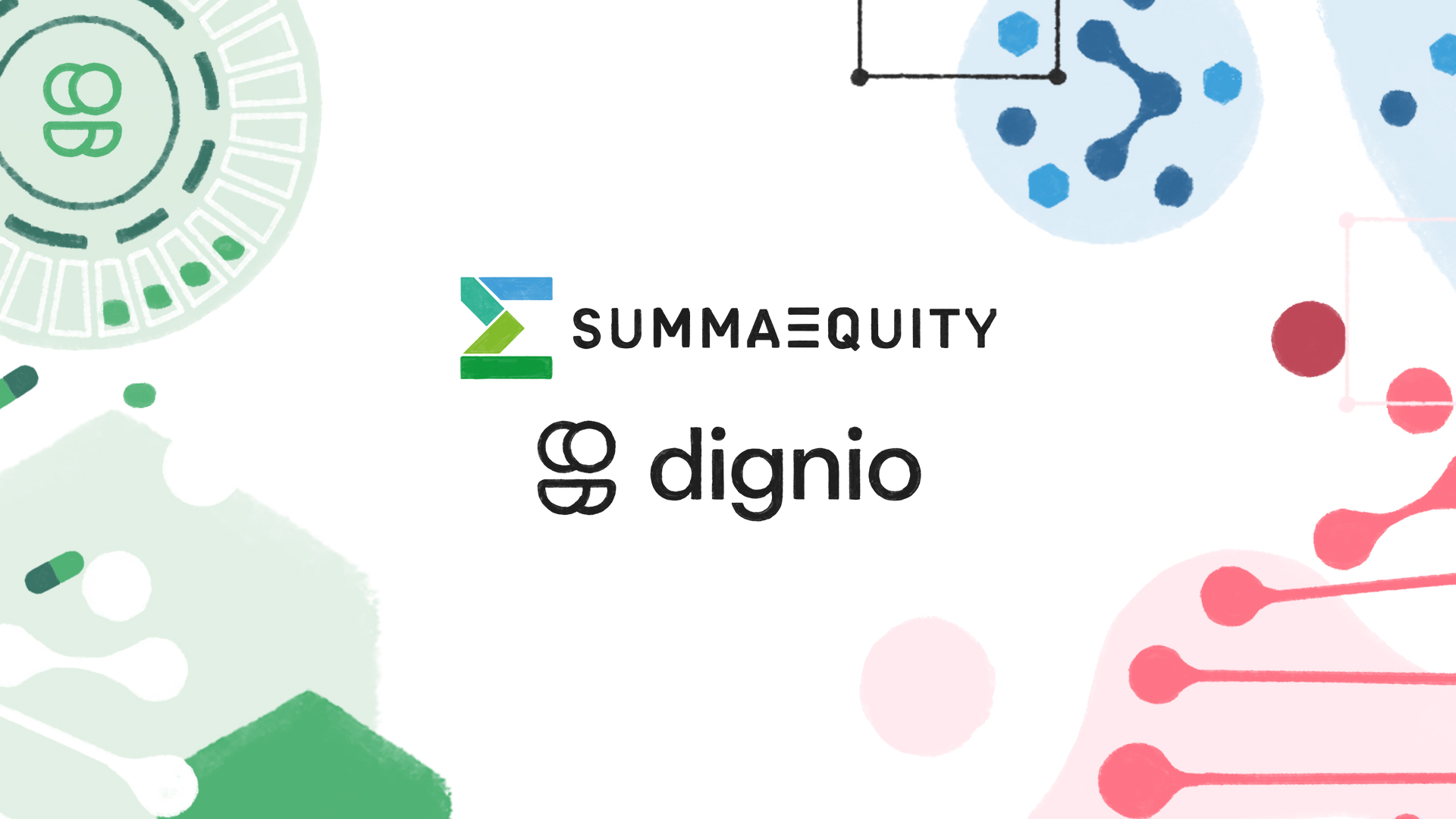
Summa Equity acquires Dignio
Read more
EA Technology acquires Fundamentals Ltd
Read more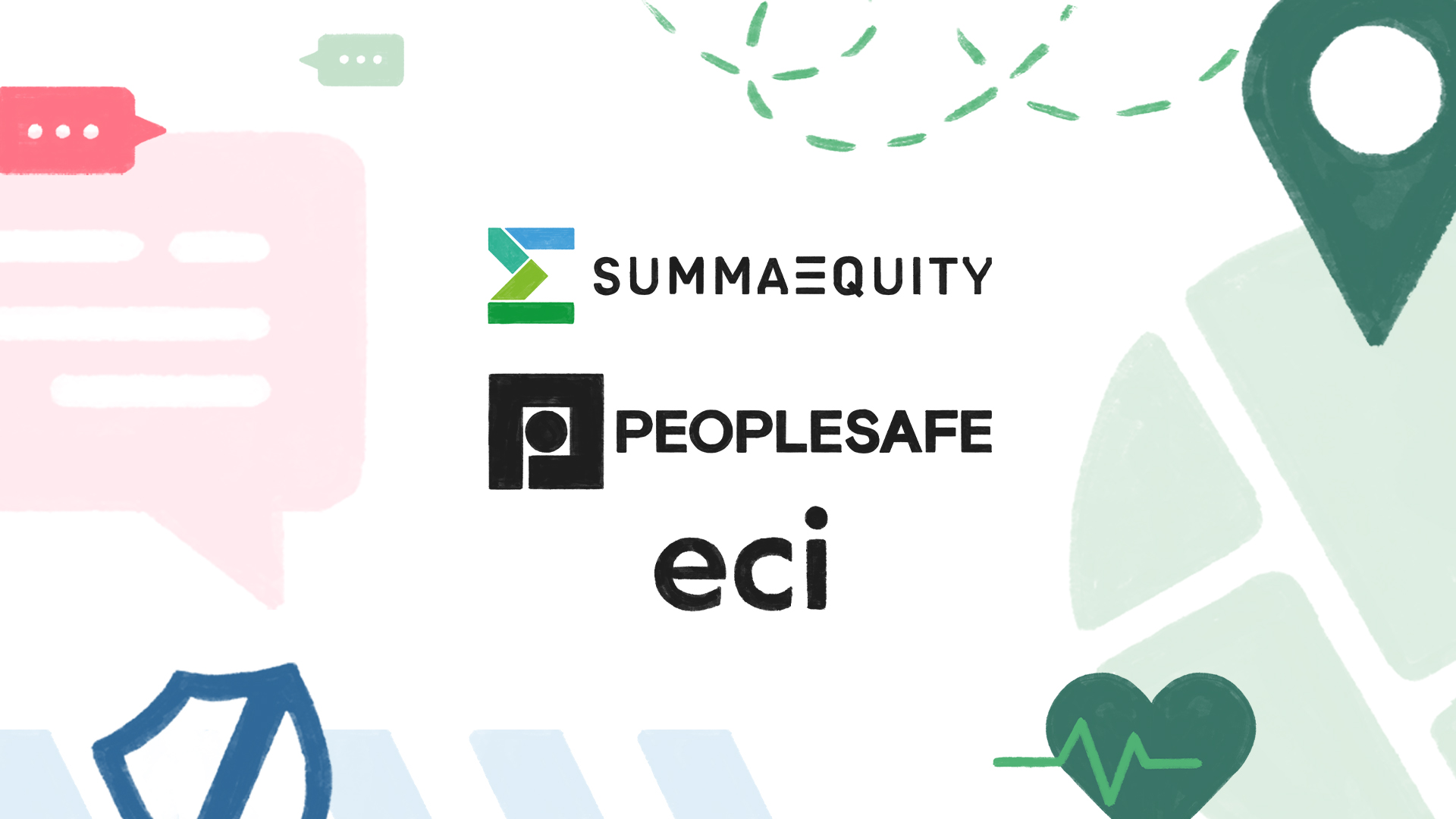
Summa Equity acquires Peoplesafe, a leading workforce safety provider
Read more
Holdbart and Summa Foundation donate NOK 2 million to support food access in Norway
Read more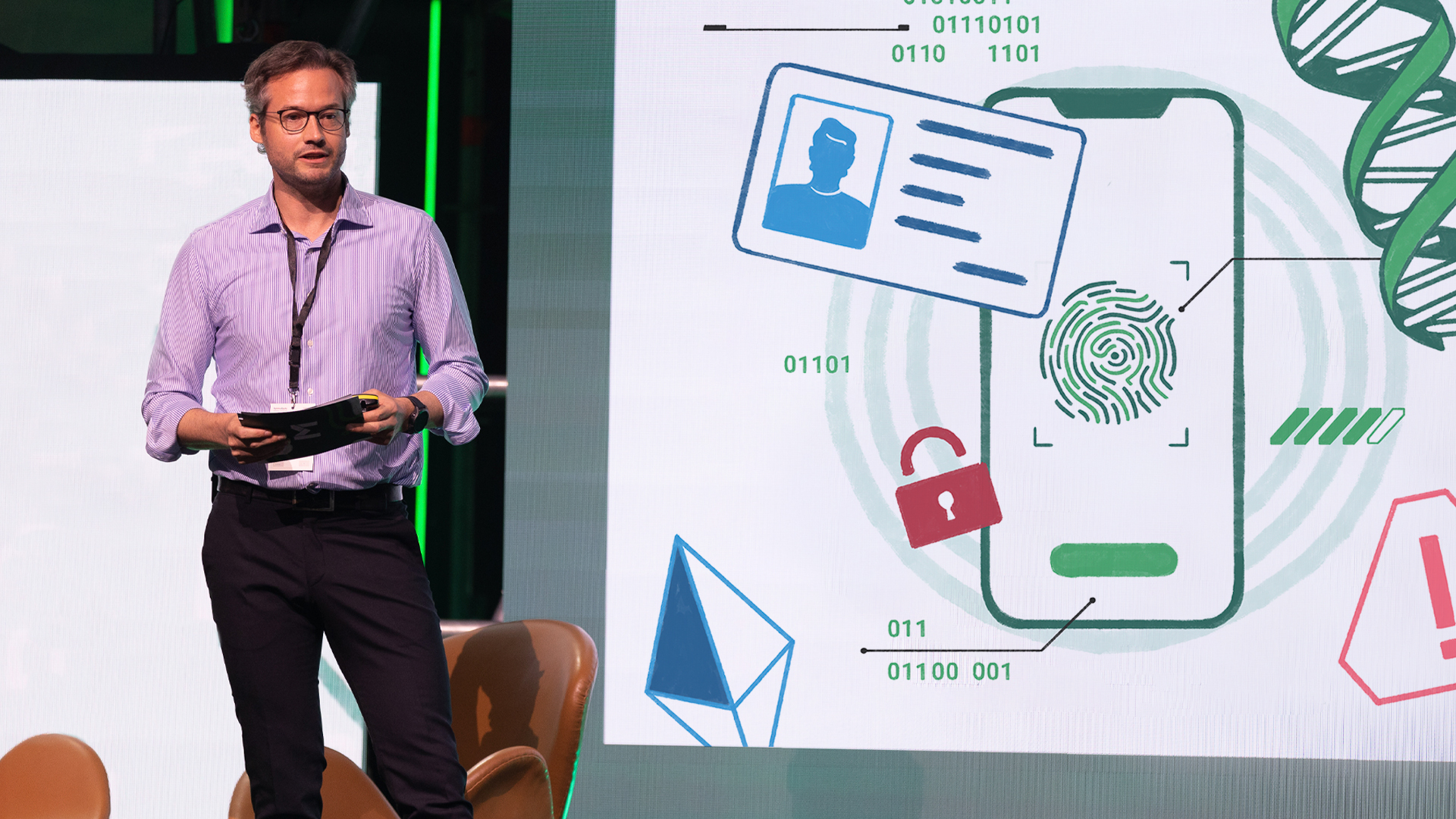
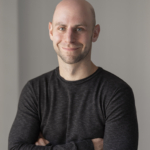 Adam Grant
Adam Grant
